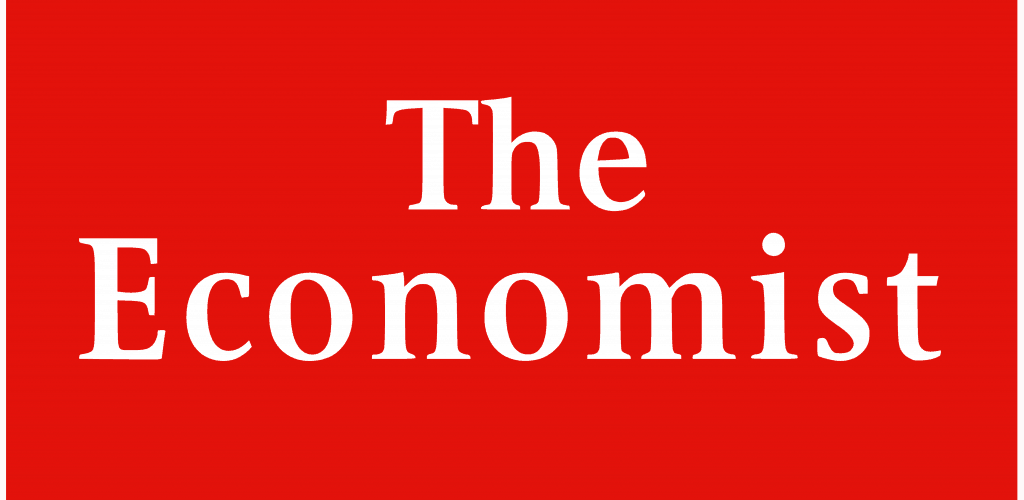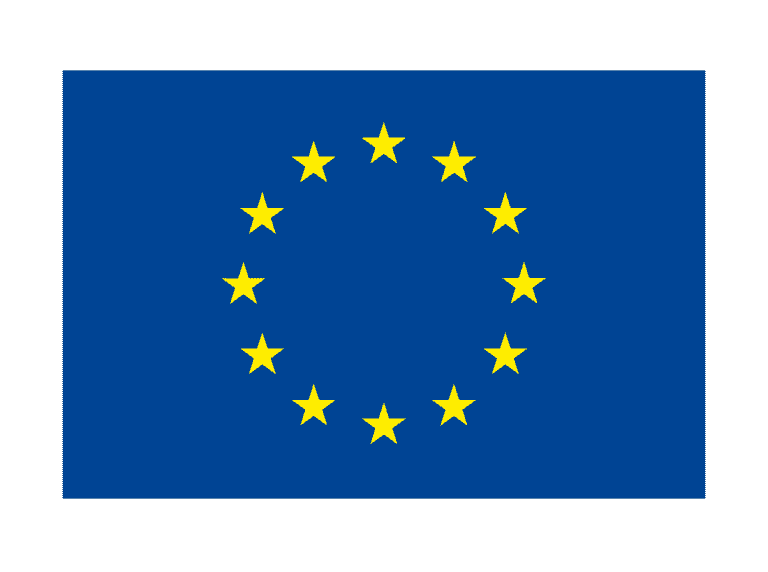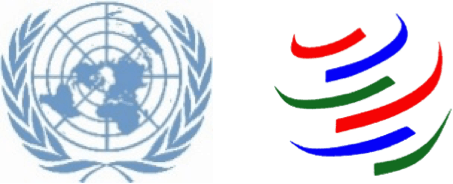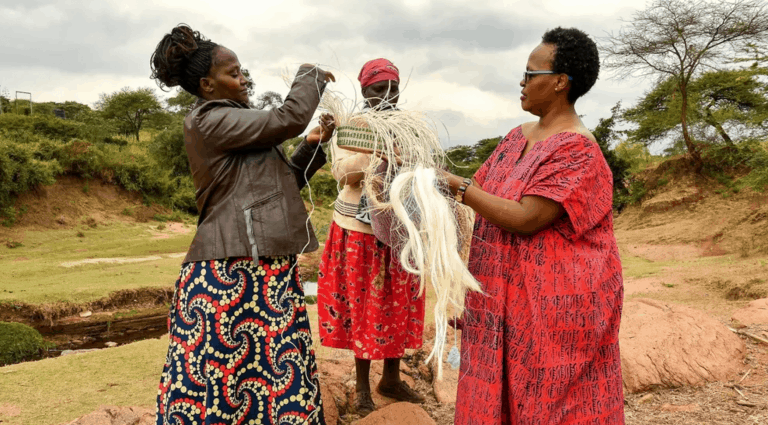
The Next Wave of African Designers Taking Their Place on the Global Stage
Recognizing the need for more structures in place to support emerging African fashion talent, the Ethical Fashion Initiative recently announced the launch of its first Accelerator Programme, which targets existing fashion brands producing in Africa who require additional support to accelerate their business in the global marketplace to become investment ready. The organization selected five designers to participate in the platform: REIGN, Margaux Wong, Lukhanyo Mdingi, WUMAN and Jiamini.
The five talents were picked out of a pool of 250 applicants by a judging panel comprising of Nigerian actress Dakore Egbuson-Akande, Japanese retail magnate Hirofumi Kurino and creative consultant Susi Billingsley. As part of their selection, the designers will get to reveal their latest collections in 2021 during Pitti Uomo, the bi-annual international menswear trade show where guest designers such as Telfar, Jil Sander and Givenchy have all shown in the past.
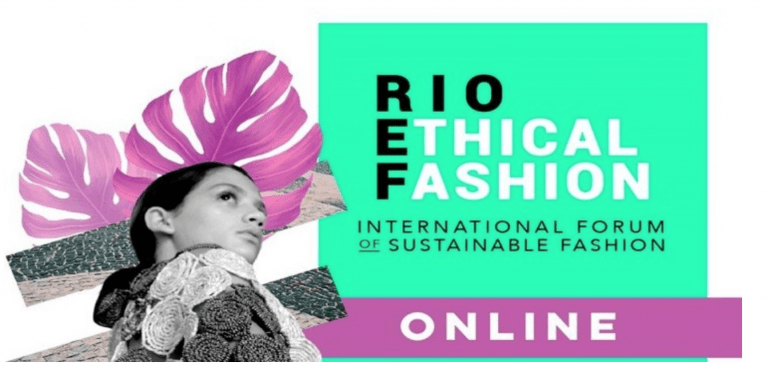
SEBRAE – RIO ETHICAL FASHION (REF) CHEGA À SEGUNDA EDIÇÃO, AGORA EM FORMATO DIGITAL
Orsola de Castro, fundadora do movimento Fashion Revolution; Livia Firth, ativista ambiental e fundadora da Eco-Age; Clare Press, jornalista e autora; Andrea Rosso da Diesel e Simone Cipriani, porta-voz das Nações Unidas e criador do Ethical Fashion Initiative estão no time de especialistas internacionais que comandarão as palestras sobre o movimento de transformação do mundo por meio da moda. O primeiro lote de ingressos, que dão acesso à programação completa, totalmente on-line e exclusiva, já está à venda no site do REF. O ingresso dará acesso ao Fórum por um período de 30 dias a partir de 30 de outubro, com debates inéditos on demand e legendas automáticas. Associados Abit têm desconto de 15% no valor da inscrição, basta utilizar o código ABIT15 no momento do credenciamento.
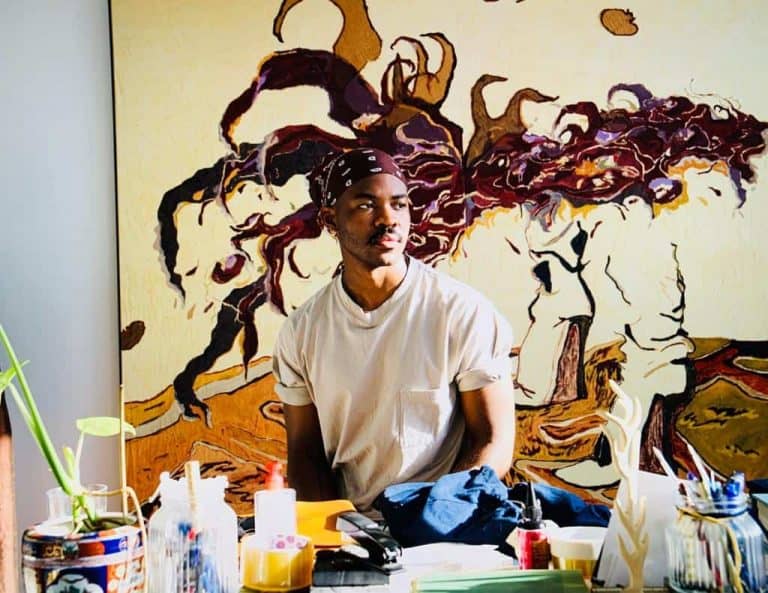
Mr. Mag – African Designers Selected For Accelerator Program
After careful deliberation of over 250 applications, five African designers have been chosen to participate in the first Ethical Fashion Initiative (EFI) Accelerator program; REIGN, Margaux Wong, Lukhanyo Mdingi, WUMAN, and Jiamini.
To celebrate their selection by an expert judging panel comprising Hirofumi Kurino, Susi Billingsley, and Dakore Egbuson-Akande, the EFI has issued a series of videos capturing the process and inspirations of the African designers who will have their collections formally revealed during Pitti Uomo 2021 through a digital showroom and presentation.
The EFI Accelerator program focuses on the specific needs of African fashion brands, with a business development approach that prepares its beneficiaries to become investment-ready. The accelerator targets existing fashion brands producing in Africa, who require additional support to accelerate their business in the global marketplace.
The EFI has been helping to bring African Fashion Design to the world stage since 2013. Having previously mentored a number of African fashion brands and brought designers to events such as Vogue’s Fashion Night Out, Pitti Uomo, and Altaroma.
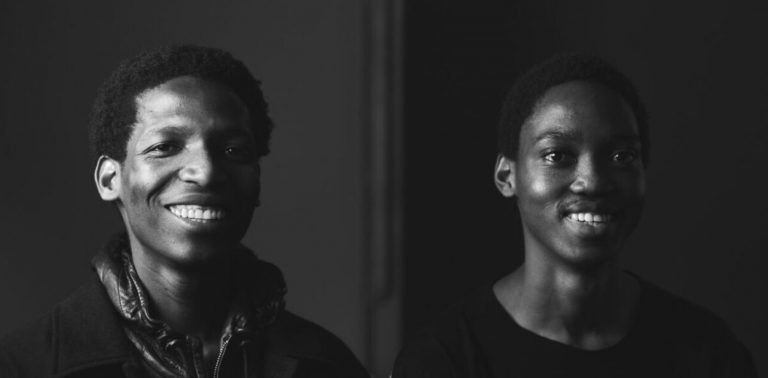
twyg – Fashion brands Lukhanyo Mdingi and REIGN step into the global market
Two South African brands, REIGN and Lukhanyo Mdingi, recently completed an accelerator programme with the Ethical Fashion Initiative. As part of a cohort of six hand-picked African fashion brands from across the continent, they spent four-months tailoring their businesses to become investment-ready.
Head of the EFI, Simone Cipriani says: “Africa is home to a wealth of creativity, of talent, of artisans, know-how and skill which is currently totally under-represented in the global fashion industry.” The designers were mentored through every aspect of the business of fashion from scaling production to managing finance to securing investment to creating brand value, and to writing a good business plan. The selection was based on the design potential, the maturity and focus of vision and finally, EFI’s wish to enhance the diversity of the selected designers’ collections.
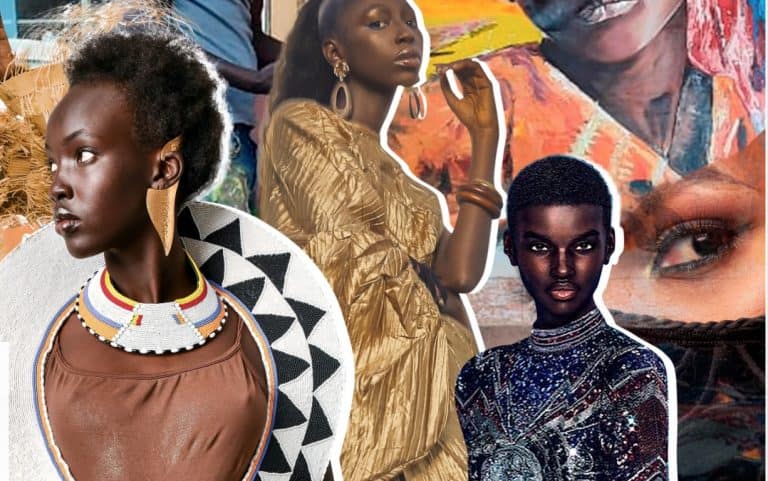
Industrie Africa – How African Fashion is Navigating the Pandemic
The Ethical Fashion Initiative (EFI), a program of the International Trade Centre, organized a brainstorming Hackathon and has just launched an accelerator program supporting five African designers: REIGN, Margaux Wong, Lukhanyo Mdingi, WUMAN and Jiamini.
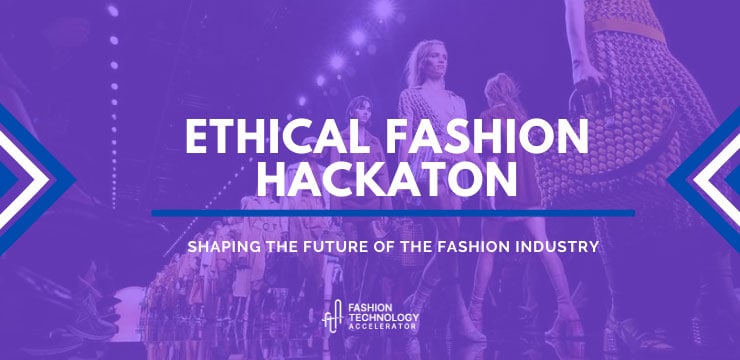
Fashion Technology – Ethical Fashion Hackaton 2020: the full report
We do care about initiatives talking about ethical fashion, and we know that there is still a lot that can be done, both locally and globally.
That is why we have actively attended as qualified mentors to the aptly titled ‘Ethical Fashion Hackaton‘, an initiative with 120 participants, with representatives from over 45 countries.
This is part of the ‘Ethical Fashion Initiative‘ which acts as a bridge, connecting marginalized artisan communities in challenging and remote locations with global lifestyle brands.
Some of the fashion industry’s biggest problems need to be solved. That is why starting on May the 6th, until July 23rd, passionate people from all around the world came together to think, exchange and imagine proper solutions.
The COVID-19 pandemic, once again, has created a very complex situation around the world, but it also allowed us to further rethink the future of the fashion industry.

WWD – Pitti Immagine to Unveil Pitti Connect Digital Platform
Pitti Immagine unveiled a schedule of side initiatives developed in partnership with online publication Highsnobiety.
Aimed at enriching the fairs’ digital showcases, the range of digital events organized under The Billboard moniker will involve figures from the fashion, art and cultural worlds, said Lapo Cianchi, director of communications and events at Pitti Immagine.
They include Fashion Souvenirs by Olivier Saillard, a digital library gathering the most iconic men’s looks across the history of fashion; “Useless” by Francesco Bonami, a collection of quotes from Pitti’s guest designers from seasons past reflecting on the most useless objects they have ever designed; a showcase of six emerging African fashion designers as part of the Ethical Fashion Initiative, and Pitti Meets, a range of talks with leading entrepreneurs, designers, buyers and influencers breaking down the fashion business.
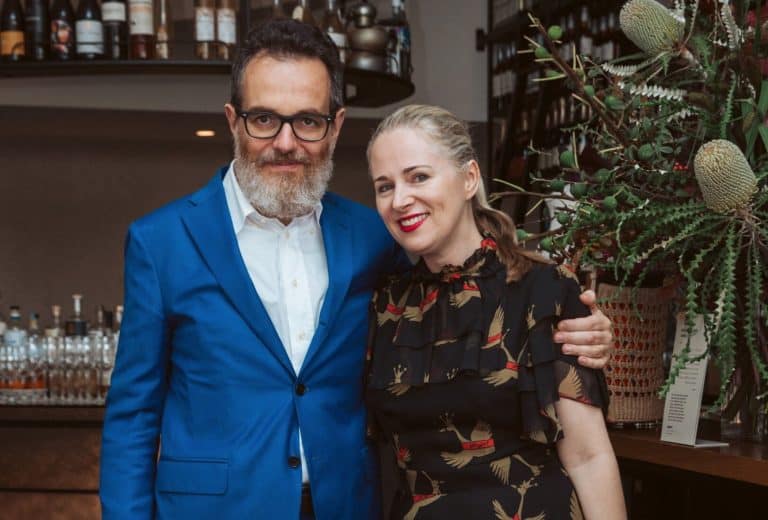
The Wardrobe Crisis – THE ETHICAL FASHION PODCAST HAS LANDED!
Welcome to your new favourite podcast: ‘Ethical Fashion’ with hosts Simone Cipriani and Clare Press! Featuring a diverse group of thought leaders, experts within the fashion industry and EFI collaborators, the series travels the world exploring major topics of sustainability. From the future of fashion weeks to luxury fashion from Afghanistan to Mali, the podcast will open your mind to the possibilities of Ethical Fashion.
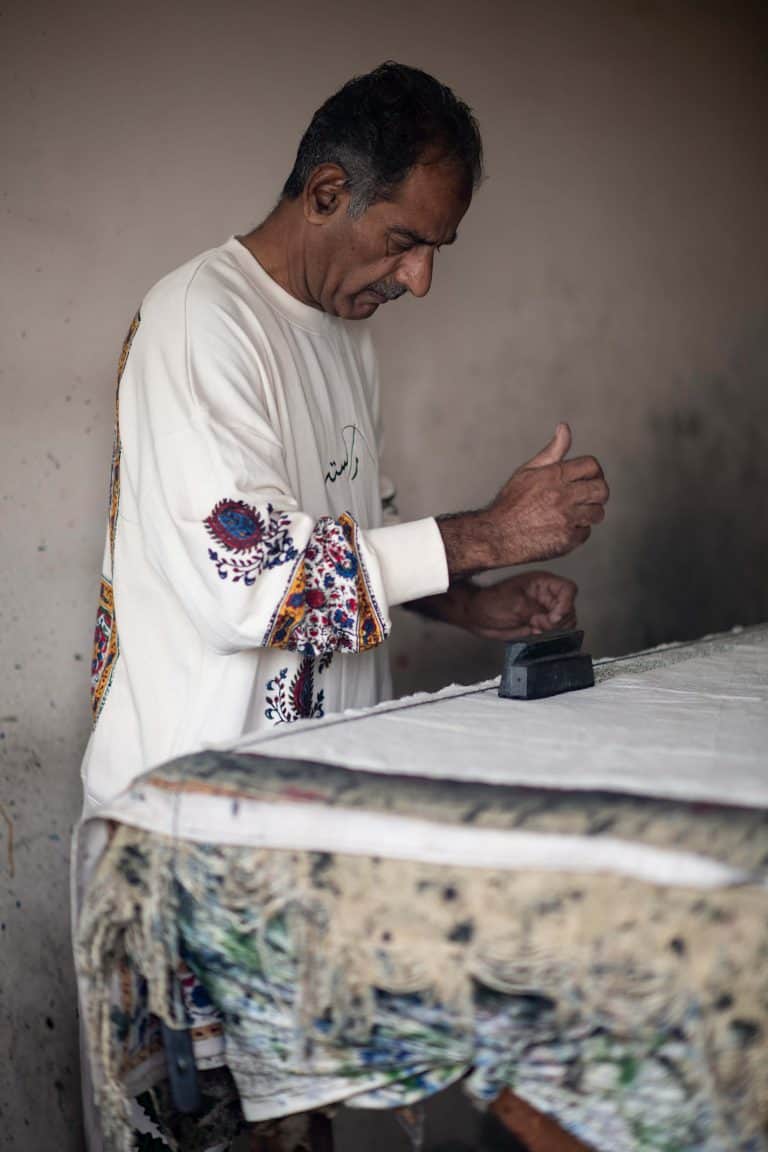
VOGUE BUSINESS: Elevating artisans: What luxury fashion can learn from social enterprises
Experts say the first step international brands can take to change their ways is ending price bidding, in which brands reward vendors with the lowest prices thereby devaluting artisanal skill in the global market. Instead, Cipriani of the Ethical Fashion Initiative suggests what he calls “open costing”. That involves brands determining their costs around a living wage and decent labour environment before agreeing on margins with suppliers.
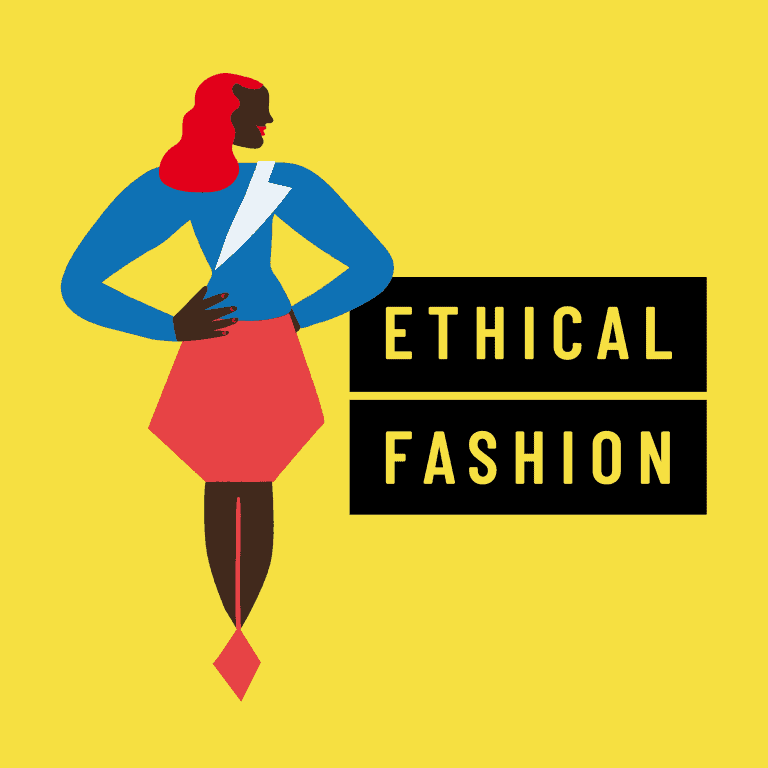
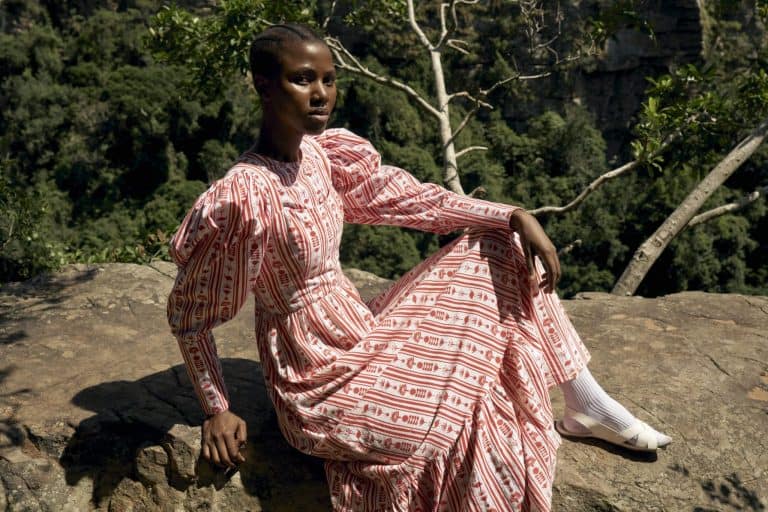
#legend – In conversation with Sindiso Khumalo, a 2020 LVMH Prize finalist
I started working with NGOs from the very start of the brand. Initially, it was just commissioning small samples in rural parts of South Africa. Then I started to work closely with the United Nations Ethical Fashion Initiative. They invited me to Milan to present my collection during Fashion Week and our relationship developed from there. I was introduced to various workshops – and the rest is history.
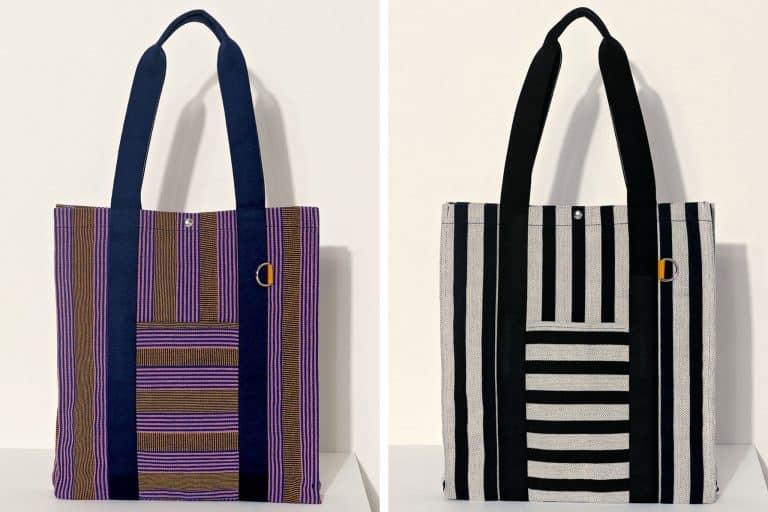
New York Times – The T List: Five Things We Recommend This Week
Functional, exquisitely made handbags are a specialty of Byron and Dexter Peart, the Montreal-based twins who co-founded the accessories-focused fashion brand Want Les Essentiels in 2007 (they sold their shares in 2017). Last year, inspired by a trip they took to West Africa as part of the United Nations’ Ethical Fashion Initiative, which connects artisans in developing regions to international fashion brands, the brothers launched Goodee, an online marketplace for ethically made clothing and home goods. And this week, they present the company’s first handbag, the Bassi Market Tote, which embodies their commitment to both timeless design and socially conscious practices. The simple rectangular style is made using cotton fabric hand-woven by artisans working in social cooperatives in the Ouagadougou region of Burkina Faso and is available in four striped color combinations ranging from black and white to a vivid pink and orange. Plus, the bags are produced in Northern Italy by the ethical fashion company Cartiera, which offers gainful employment and training to immigrants and asylum seekers. “We wanted to make the greatest impact through a product that really serves anyone who sees something special in its beauty, design and purpose,” Byron told me. $199, goodeeworld.com.
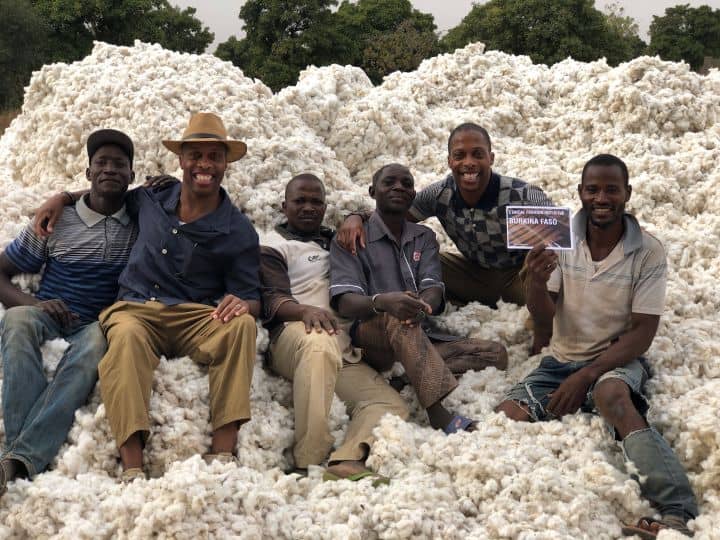
Goodee – The Bassi Market Tote: Fabric for Change
“It all started with the fabrics.”
When Goodee’s founders Byron and Dexter Peart saw the striking Burkinabe and Malian cotton fabrics during their visit to Ethical Fashion Initiative’s weaving cooperative in Burkina Faso, they knew instantly that they had to bring the inspiring story behind these vibrant textiles to life. And so, the idea of the Bassi Market Tote was born — a practical, reusable everyday tote made from responsibly handcrafted material that everybody could use everywhere.
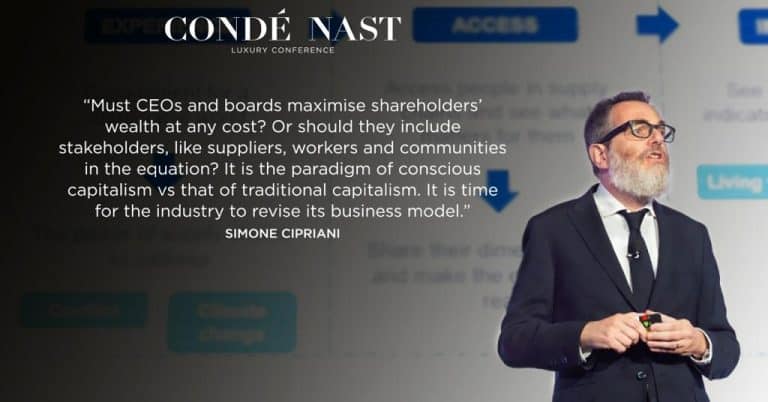
Conde Nast – Simone Cipriani Insights
I think the real problem is an agency problem: must CEOs and boards maximise shareholders’ wealth at any cost or should they try including stakeholders’ wealth in the equation? Stakeholders are suppliers, workers in supply chains and inside the company’s direct outreach, communities where production takes place and the environment, consumers. It is the paradigm of conscious capitalism vs that of traditional capitalism. The CEO of Black Rock who spoke about ESG (Environment, Society, Governance) was addressing exactly this point. It is time for the industry to address this problem in terms of revision of its business model.
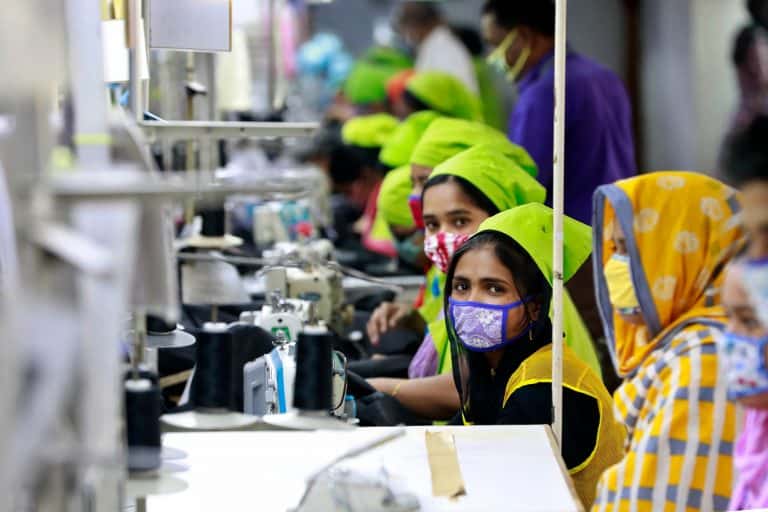
Drapers – ‘Millions will literally go hungry’: coronavirus chaos in Bangladesh
Simone Cipriani, head and founder of the Ethical Fashion Initiative at the United Nations’ International Trade Centre, adds: “Cancelled orders in a country like Bangladesh have a huge social impact – much larger than we can imagine in the setting of Europe or the US.
“The impact of coronavirus on businesses in western countries has been bad, but there are at least public mechanisms to mitigate the effects on society. In Bangladesh, the lack of a living wage means workers don’t have the income necessary to deal with any kind of emergency, not only because of current cancellations but because of employment conditions pre-crisis. Workers have not accumulated any kind of financial buffer.”
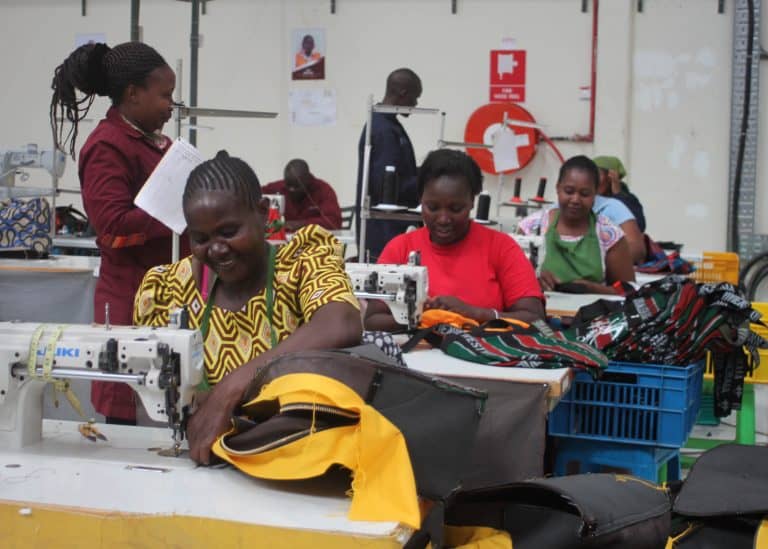
WWD – Cancellations Could Lead to Social Crises in Emerging Economies
LONDON — Canceled orders due to the coronavirus could have devastating implications for every link in the supply chain, according to Simone Cipriani, chief executive officer and founder of the U.N.’s Ethical Fashion Initiative, which helps marginalized artisan communities connect with international lifestyle brands.
He said it’s up to the industry to mitigate the impact of quarantines, dark shops and a decrease in consumption on developing nations in particular.
“While brands and retailers in the Western world scramble to cope with the business implications of the pandemic and impending recession, the social and human fabric of whole communities in less fortunate settings is set to be literally wiped out. Order cancellations could see supply chains grinding to a halt in developing countries,” said Cipriani.
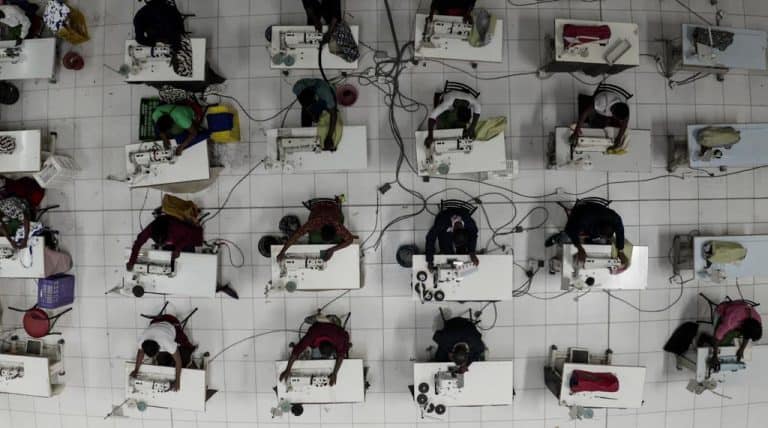
Grit Daily – The Fashion Industry and Covid-19
With the arrival of Covid-19, the cost-benefit equation on which all the above is based may be not valid anymore. On one side, the same globalized world helped the virus to spread all over at an unprecedented path. On the other side, the global supply chains are disrupted, with dire consequences for an industry that has grown accustomed to scarce inventories and short lead times, thanks to the interaction of international networks of producers.
But there is something deeper than that. This pandemic seems to be accelerating change that was ongoing under the apparently quiet surface of fashion seasons and production to retail cycles.
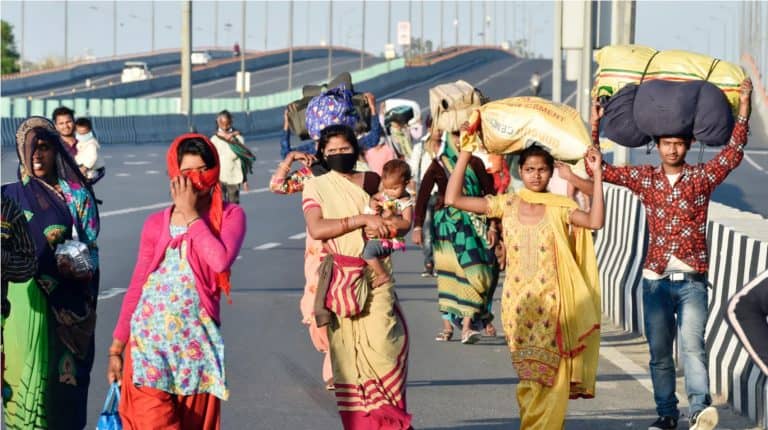
Business of Fashion – Fashion’s Humanitarian Crisis
Today, Bangladesh, India, Vietnam, Cambodia and other fashion manufacturing hubs are bracing for a humanitarian crisis. Garment factories in these countries have seen billions of dollars in orders cancelled overnight. Their governments likely won’t be able to provide the kind of sweeping aid packages deployed in the US and Europe to carry businesses and the newly unemployed through the crisis.
Equally, there are fears of a health crisis far worse than in the US and Europe if the virus takes hold in densely-populated countries with rickety health systems where few have the means to self isolate.
The number of people at risk within the supply chain is staggering. The Worker Rights Consortium, which monitors labour rights globally, estimates 50 million people are employed in the apparel, textile and footwear sector. Many are women who represent their families’ primary wage earner.
“It will be a disaster. A human disaster,” said Simone Cipriani, founder and chief executive of the UN’s Ethical Fashion Initiative, which connects marginalised artisan communities with international brands.
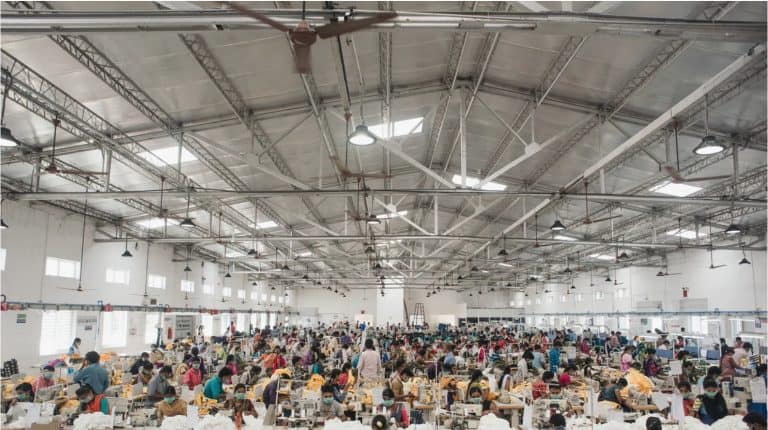
Business of Fashion – Fashion’s Supply Chain Disruptions: What You Need to Know
“The disruption is now, but the effects will be really visible in the next months,” said Simone Cipriani, founder and chief executive of the UN’s Ethical Fashion Initiative, which connects marginalised artisan communities with international brands.
Demand Destruction
As retailers across western markets have closed one by one, the blow back on suppliers has been swift and devastating.
“I have received emails from clients just asking me to stop shipments,” said Mostafiz Uddin, managing director of Bangladesh-based Denim Expert Ltd. “How can I pay my workers and take care of them… How do I pay the raw material supplier?”

Forbes – Is Covid-19 The Reset Button We Need Towards A Sustainable Future Of Design?
Simone Cipriani, Head and Founder of the Ethical Fashion Initiative at the UN’s International Trade Centre, agrees this disruption could alter the future going forward. Speaking of retail, he states, “Bricks and mortar will come to an end. Outside of it being used purely as a display, cultural or happening space.” The need for a reduced physical presence of such events has also previously been highlighted by Extinction Rebellion, witnessing large numbers travelling the world to congregate and view products which will inevitably become mainly visible online. “Seasonality is also being questioned,” He continues, “Does it have the same meaning, in a world of climate change and erratic weather patterns?”

Drapers – Comment: Coronavirus could see global supply chains grind to a halt
While brands and retailers in the western world scramble to cope with the business implications of the coronavirus pandemic and impending recession, the social and human fabric of whole communities in less fortunate settings is set to be literally wiped out. Order cancellations could see supply chains grinding to a halt in developing countries. The alarming consequences could be increases in migration, terrorism, human and drug trafficking as the delicate social structure of those communities tears apart.
The reality of supply chains favours the virus, not the people working in them. Labour in many fashion sourcing centres are characterized by poor health and safety conditions, workers living in high density settings, weak public health systems and low wages, often not capable of covering the basic needs of workers and their families.

VOGUE Arabia – Livia Firth’s Feminist Heroes Are Greater Than You Think
Efforts towards sustainable practices have permeated almost every industry, including fashion, with many designers aiming to go green and creating ethical sartorial statements. Jeanne de Kroon’s Berlin-based label, Zazi Vintage, is a model for sustainable impact, releasing diverse collections created in collaboration with female artisanal communities around the world. Partnering with women in Afghanistan, India, Nepal, as well as the UN Ethical Fashion Initiative, De Kroon empowers women to support themselves economically and socially. “She is an example of a young woman who is dedicating her life to building a brand based on partnerships with women and artisans all over the world. She is fun, rebellious, and her smile is totally infectious,” Firth says. Zazi Vintage features traditional craftwork on luxury garments, with each collection spreading the diverse and inspiring stories of the communities involved in creating it. De Kroon sources her material transparently and mainly uses recycled or organic fabrics. One example is her signature Suzani coat, made from upcycled shearling, with all proceeds used to pay for girls’ education. Since she’s part of an industry that produces 10% of overall carbon emissions (according to the UN Environment Programme), De Kroon makes a point to provide sustainable alternatives that serve to develop its creators’ communities as well as consumers.
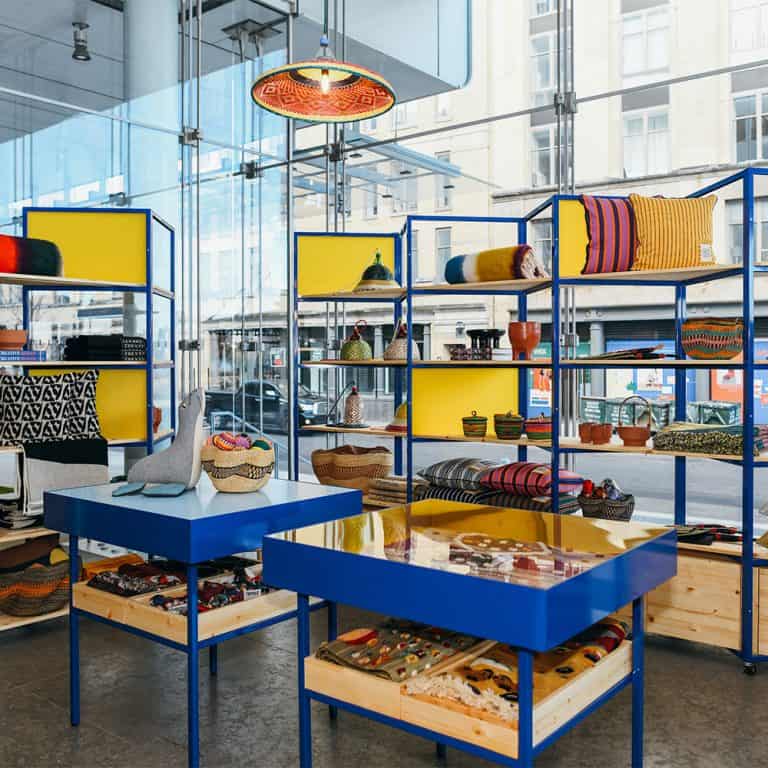
Purpose-Driven Design Marketplace GOODEE Pops Up in New York
It’s too hard for us to choose one, but we were particularly excited to present the complete collection of our newly offered GOODEE-branded home accessories including pillows and carry totes. The GOODEE pillows are made entirely in Africa in collaboration with Ethical Fashion Initiative – the United Nations’ fair-trade division. Working with the EFI’s weaving cooperative in Burkina Faso, each limited-edition pillow celebrates color, texture, and the people who craft them.
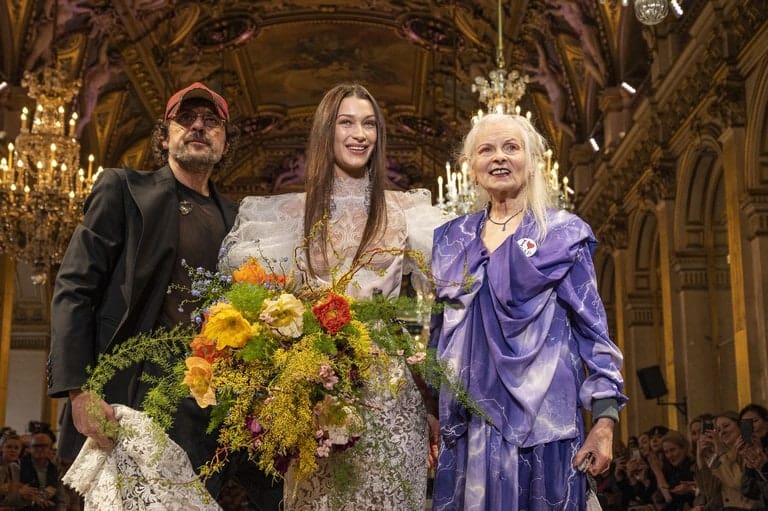
#SuzyPFW: Sustainable Style At Stella McCartney And Vivienne Westwood
Andreas also used recycled buttons, worked with Wastemark to change the way any waste would be handled, and used textiles woven (two metres a day) and then dyed in Burkina Faso with the Ethical Fashion Initiative.
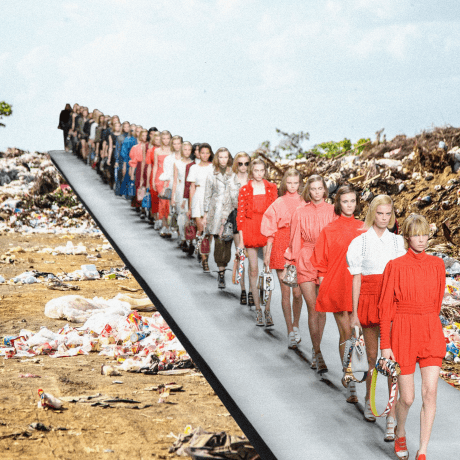
Fash Rev – Op-ed: Fashion Weeks – An Industry That Doesn’t Want to Change
Yes, fashion has adopted the language of sustainability and green stuff, but it is often a form of camouflage aimed at hiding the reality. An example of this is the way through which brands makes themselves visible to the public and conducts a part its business: through fashion weeks. They are moments of celebration and business, structured in an organisational form that has nothing of sustainable. They run one after the other, forcing industry staff to travel frantically from here to there, while producers work in emergency-like conditions to have products ready for the shows. In the meantime, consumers are bombarded by a mountain of images and faces of influencers, who do not speak about how goods are made or on their impact on people’s lives and on the planet. All this, while our planet risks extinction. Is this meaningful? Fashion weeks resembles the rites to celebrate Gods and Goddess in the late Roman Empire, when everything was tumbling down but people thought old beliefs could save them. The main goddess of this fashion world is Medusa, who transforms those who stare at her into stone (Medusa is also the image of a well-known fashion brand, but here I am not suggesting any direct link between my discourse and that brand).
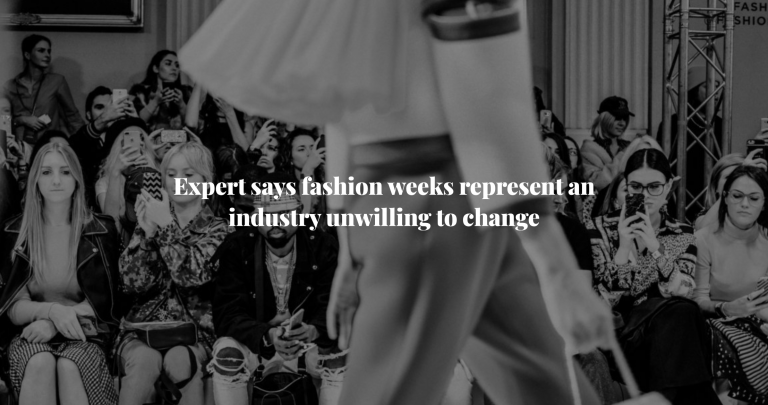
TWYG – Expert says fashion weeks represent an industry unwilling to change
Yes, fashion has adopted the language of sustainability and green stuff, but it is often a form of camouflage aimed at hiding the reality. An example of this smokescreen is fashion weeks. These displays are the way in which brands are celebrated and publicised, and the way in which they conduct part of their business. Their organisational structure is not sustainable. They run one after the other, forcing industry staff to travel frantically from here to there across the glob, while producers work in emergency-like conditions to have garments show-ready. In the meantime, consumers are bombarded by a mountain of images and faces of influencers, who do not speak about how garments are made or about their impact on people’s lives and on the planet. All this, while our planet risks extinction. Is this meaningful?
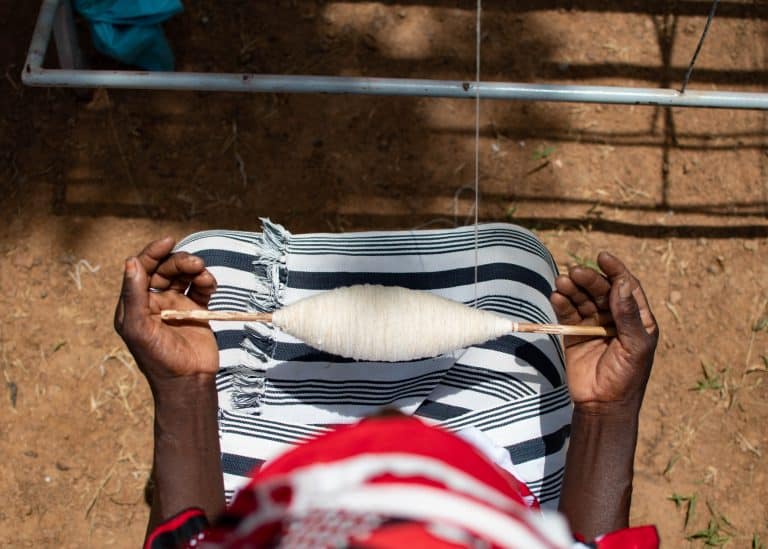
twyg – Ethical Fashion Initiative is on a mission to change the world
Long before sustainability became trendy, the Ethical Fashion Initiative waved “goodbye to fast fashion” and introduced “a better way of producing”. Founder and director of EFI, Simone Cipriani, believes that the $2.4 trillion-a-year global industry has the power to change the world.
“It is extremely important to mobilise the power of this industry through its huge supply chain and to make it more equal and reduce poverty,” he says. “It gives work to 60 million people, the majority of whom are in the developing world”. But he says the industry is slow to realise its power because its business model squeezes suppliers. Its supply chain is organised to reduce the cost of labour as much as possible. This, he says, is where the mistake lies and he has developed a very different mode.
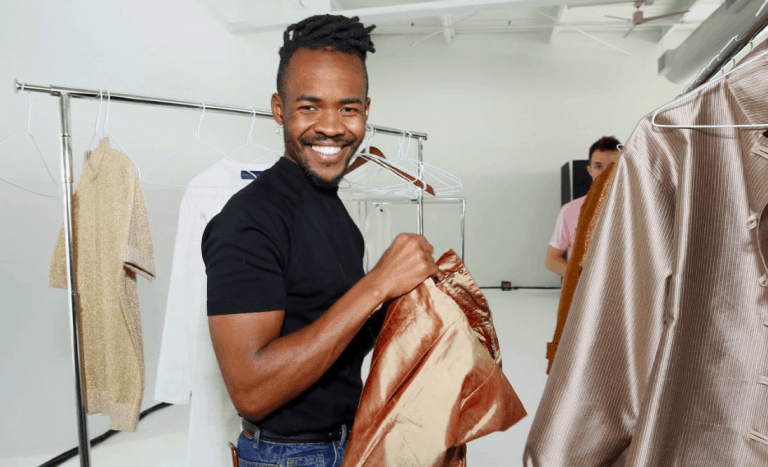
Afrosartorialism – The Ethical Fashion Initiative names new designers for 2020 Accelerator programme
The Ethical Fashion Initiative (EFI) has named the six African designers that will participate in its acceleration programme.
EFI is a programme of the International Trade Centre, a joint agency of the United Nations and the World Trade Organisation, and a partner of EuropeAid providing artisans from the South access to the international fashion market. EFI promotes fair labour conditions and sustainable fashion. As member of The United Nations Alliance for Sustainable Fashion, it encourages use of traditional techniques in the production of garments and accessories.
The EFI Accelerator, launched in 2013, is a programme that trains emerging African designers “to become investment ready”. The mentorship focuses on expanding a brand’s supply chain, scaling up production, sourcing new products and developing a production team. Find more information here.
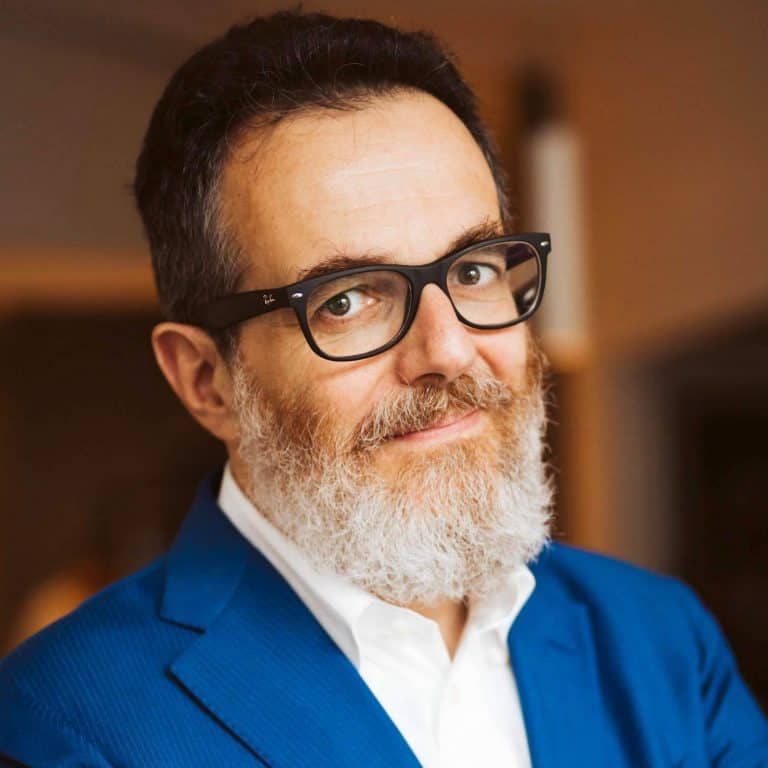
Of Fresh Wear – Simone Cipriani of the Ethical Fashion Initiative
Simone is a connector. He spends as much time in Paris and Milan as he does in Afghanistan and Mali. He works with local African artisans in remote villages, and with big brands that dominate our local shopping malls. And he wouldn’t have it any other way. Simone has spent the past 10 years founding and building the Ethical Fashion Initiative (EFI), a programme of the International Trade Centre (ITC) and part of the World Trade Organization and the UN. EFI connects artisans in challenging, remote locations with global lifestyle brands, providing these marginalized artisan communities with access and opportunities in the international market. In his spare time (and on intercontinental flights), you’ll find Simone documenting his journeys via Instagram and reading voraciously.
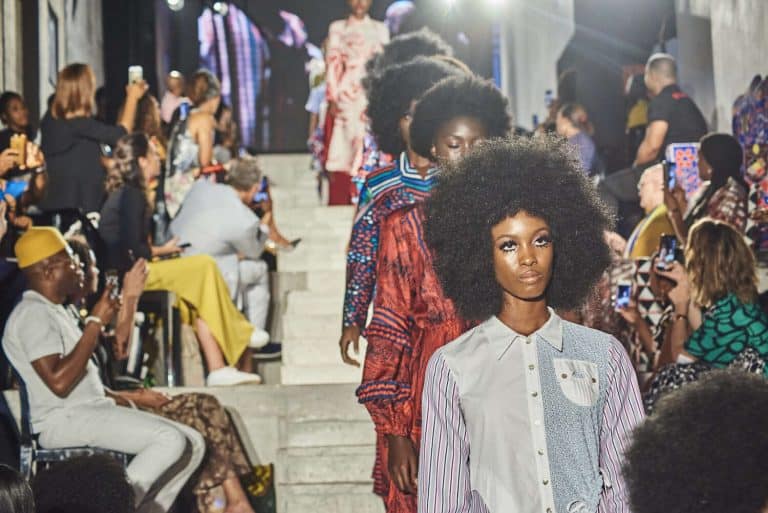
Nataal – Lagos Meets Tokyo
We see collaborative projects everywhere in the fashion industry these days. Yet, we can never underestimate the power of cross-cultural projects in bringing fresh ideas to global audiences. FACE A-J (Fashion And Cultural Exchange Africa-Japan) is a new initiative between Japan and Africa produced by Awa’Tori, a Tokyo-based collective co-founded by Nigerian creative director Bukky Adejobi and Cameroonian-Japanese strategic partner Seiko Mbako. Under their slogan ‘Fashion Is Change. Fashion Can Change’, Awa’Tori is passionate about the African creative industry and committed to changing Africa’s under represented image in Japan.







